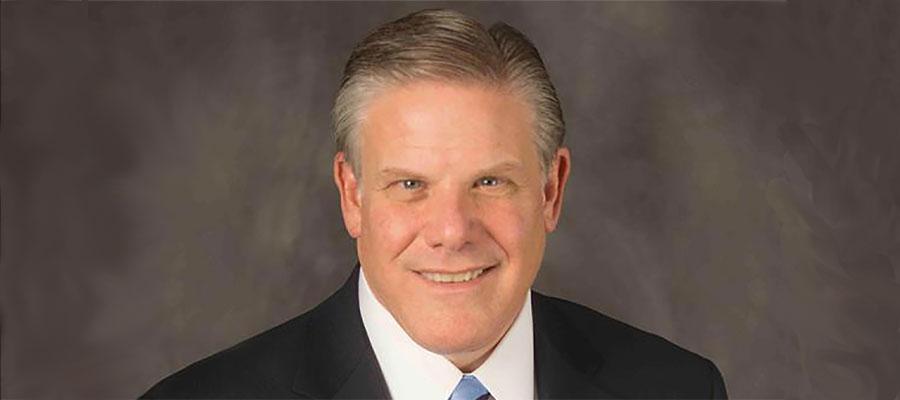Perspective: Making Progress on Protecting Patients from Surprise Medical Bills

Benjamin Franklin once said, “Energy and persistence conquer all things.”
We’ve been persistent and — after more than a year of talking to representatives and senators about surprise medical billing — we’re finally seeing a workable solution to end this practice and protect patients. However, there are still challenges ahead.
Here’s where things stand, what comes next, and what we can do to get this over the finish line.
The good news: On Wednesday, the House Ways and Means Committee passed a bipartisan bill to better protect patients while preserving the appropriate role of providers and insurers in negotiating payment rates. We agree with Chairman Richard Neal, D-Mass., and Ranking Member Kevin Brady, R-Texas, that it is essential to prohibit balance billing in order to limit patients’ obligation to their in-network cost-sharing responsibilities when there is an emergency, or when they visit their in-network hospital and get an out-of-network bill from a provider. We strongly support the bill’s provisions related to these issues, and appreciate that the bill doesn’t include extraneous issues — such as those related to inappropriate intrusions into privately negotiated commercial contracts — that would lead to narrower provider networks with fewer choices for patients.
The bad news: The House Education and Labor Committee passed its own bill to address surprise billing … and it misses the mark. This bill closely resembles those passed last year by the House Energy and Commerce Committee and the Senate Health, Education, Labor and Pensions Committee in that it relies on a median in-network rate to resolve out-of-network payments. This would impose arbitrary rates on providers, which could have significant consequences far beyond the scope of surprise medical bills.
Here’s what happens next: House and committee leaders will need to negotiate to boil down both bills — along with the Energy and Commerce version — into one bill for the full House to consider. It’s possible both the House and the Senate take action on surprise billing by May 22 as that’s the deadline to deal with several federal health care provisions, including the impending Medicaid Disproportionate Share Hospital cuts.
Starting today, we have a great opportunity to let them know how we feel about it. Congress is on recess through next week, so please let your representative and senators know what this would mean for hospitals, health systems and patients in their communities.
For your representative, please ask her or him to cosponsor the Ways and Means bill (H.R. 5826) to demonstrate that there is broad bipartisan support for this approach to addressing surprise medical billing. For your senators, please express your support for this approach. We’ve prepared key resources to help you in your talks with them.
This is an opportunity to stand up for our patients. Working together, I’m confident our persistence will get the job done. As always, thank you for your partnership.

